First published in March, 2024 by Sightsavers.

Travel down the steep mountain road from Malawi’s capital, Lilongwe for eight hours and you’ll eventually reach Nsanje, a flat, expansive plain where baobab trees sprinkle the landscape. Long, straight roads cut across the countryside where herders freely graze their animals under the hot sun.
This is where Alinafe Zaina was born and raised. And it’s also where he had a realisation that would set him on a life-changing career path.
“There was this day when I came here [to] Nsanje District Hospital, where I found that there was only one medical practitioner tending to patients. So there were so many patients queuing, waiting for the lone medical practitioner, to be attended to. So [that’s] when I thought it [would be] good to think that in the future, I have to do clinical medicine so that people should not queue waiting for just a few medical practitioners.”

After deciding that health care was his future, Alinafe enrolled to study clinical medicine at the Malawi College of Health Sciences.
When he returned to Nsanje to practise, he observed that many people had eye conditions, but there weren’t enough ophthalmic clinical officers to attend to them. This convinced him to return to his studies.

By specialising in eye health, he would be able to help people in his home district. The problem was, how was he going to fund another two years in college?
This is where Sightsavers stepped in. Through our project, funded by the UK government and the British public through UK Aid Match, Alinafe’s school fees and living costs were covered so he could gain his qualification.

In rural districts like Nsanje, it can be difficult to find qualified eye health workers to provide quality services. So Alinafe coming back home to practice was invaluable for the community.
The UK Aid Match funding supported the training of Alinafe as well as one other ophthalmic clinical officer. Sightsavers also led inclusivity training for 463 health care workers to ensure people with disabilities as well as women and girls can access the eye care services they need.
Through this three-year programme, 122,308 eye examinations and 5,435 cataract surgeries have been conducted.

After graduating, Alinafe returned to Nsanje District Hospital to work in the eye clinic as an ophthalmic clinical officer.
His work involves examining each patient’s eyes, quickly and effectively diagnosing conditions and providing prescriptions.
Step inside the clinic…
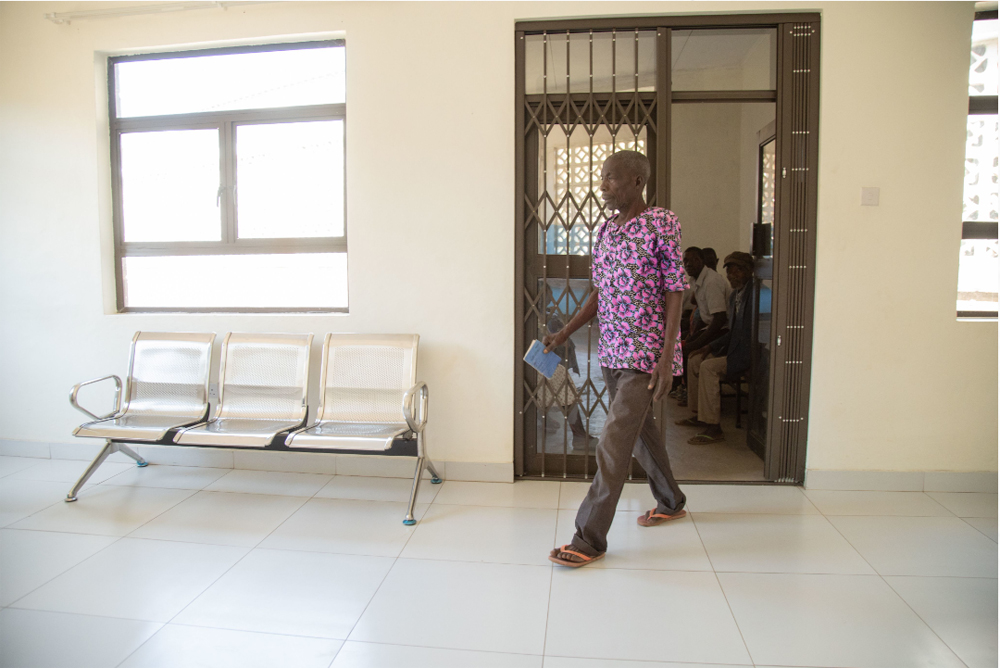
The eye clinic where Alinafe works is an oasis of calm.
Thanks to support from two generous Sightsavers donors, the clinic is newly built and fully equipped.
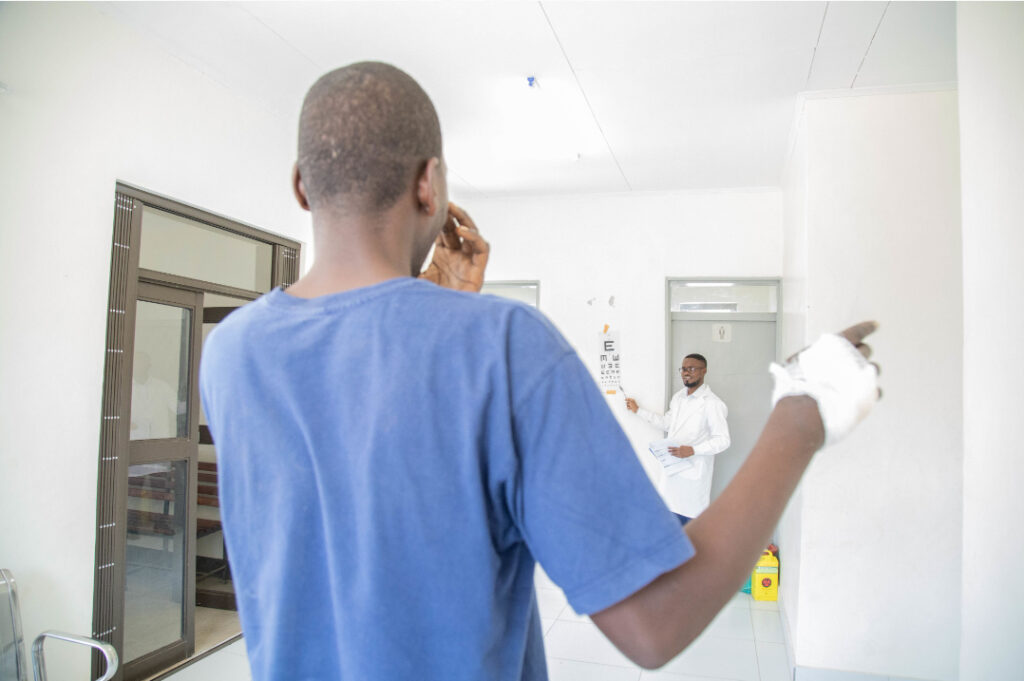
Alinafe is incredibly proud of his workplace.
“Not all districts have clinics like this one,” he beams. “We have good materials and equipment that we use. So there is a big change in Nsanje.”
I feel good when I enter this building and when I’m attending to patients.
— Alinafe Zaina
Alinafe is passionate about the life-changing care that the clinic provides.
Three of his patients, Blessings, Esther and Elizabeth share stories of their treatment.
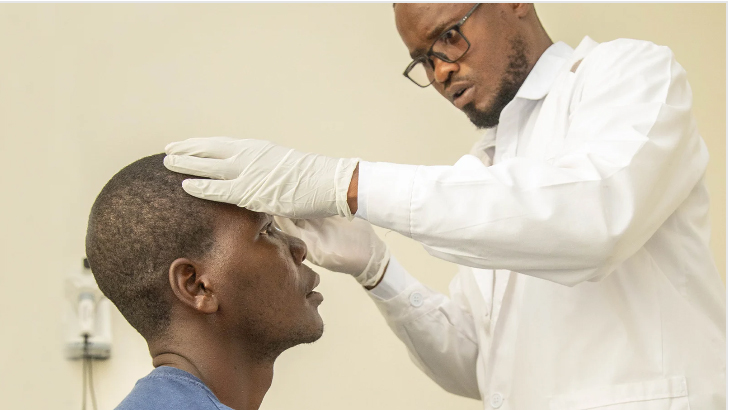
Blessings, mechanic
“One morning, I was involved in a motorbike accident. I couldn’t see with one eye, and it had blood inside. The doctors worked on me and now I’m better.”
“This hospital is very important.”
“There are eye specialists here and that simplifies matters, unlike the old place where you scrambled for one general practitioner. I am thankful for the service I got here.”
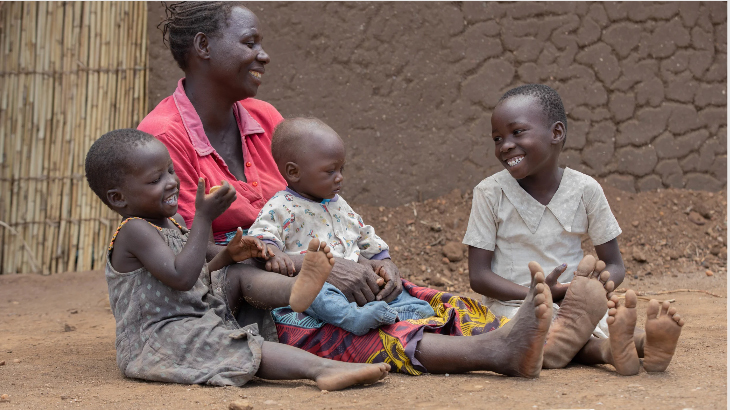
Esther, mother of three
“My life has changed a lot [after my cataract operation]. I can work in the garden. I can assist my husband with work. I wash clothes for my children. I cook and fetch water.”
“I am doing everything. I am very happy.”
“My children now go to school and when they come back, they find food prepared by their mum.”
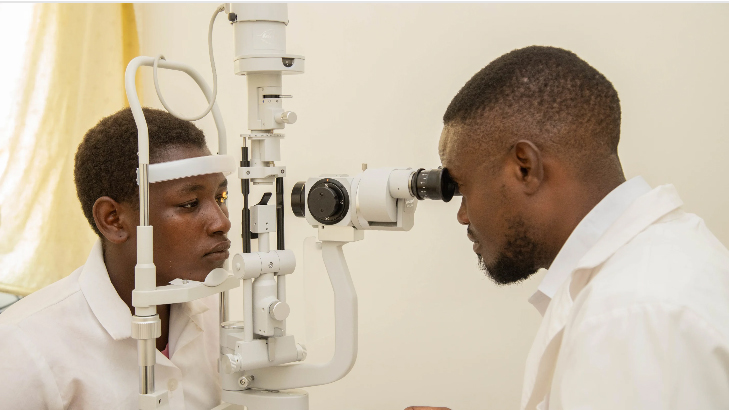
Elizabeth, student
“Sometimes I feel dizzy, then I see darkness in my eyes. I can’t even see what is written on the board in class.”
“Sometimes I’m absent from school due to this problem, and this affects my education.”
“I hope to get better with the medication I get from here. People here benefit a lot from this facility.”
Team spirit
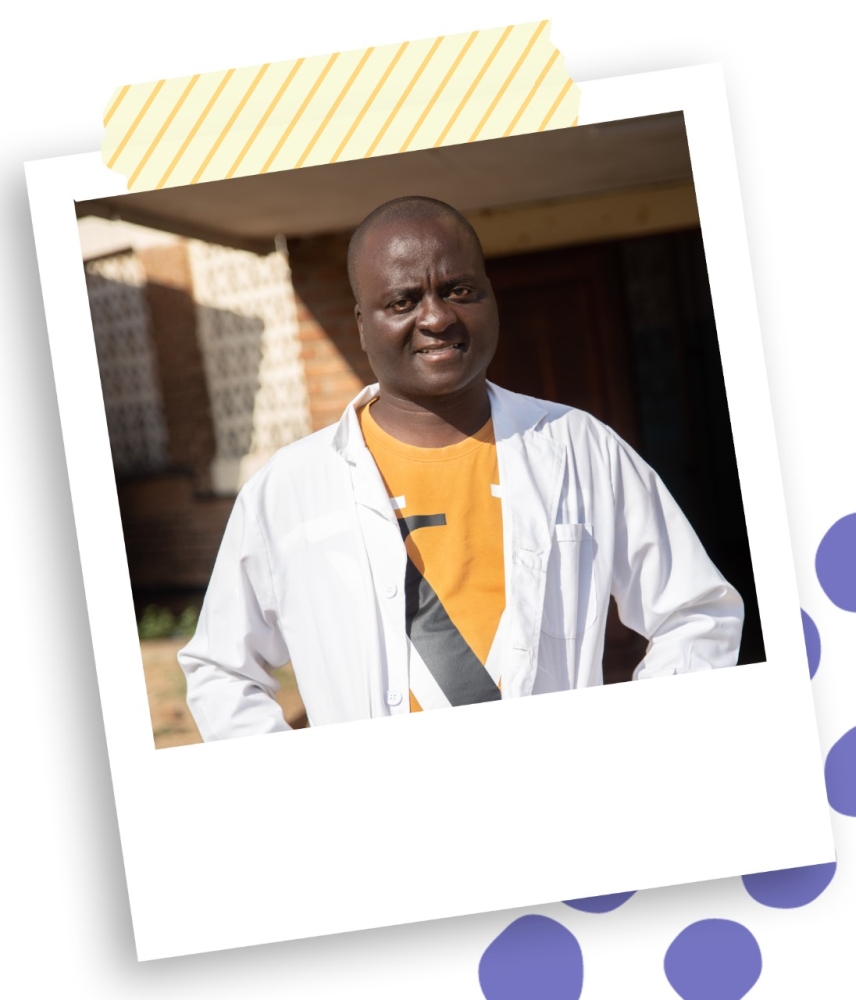
At Nsanje General Hospital, Alinafe works alongside a team of health care professionals, including Lloyd Wella, the hospital’s longest-serving ophthalmic clinical officer.
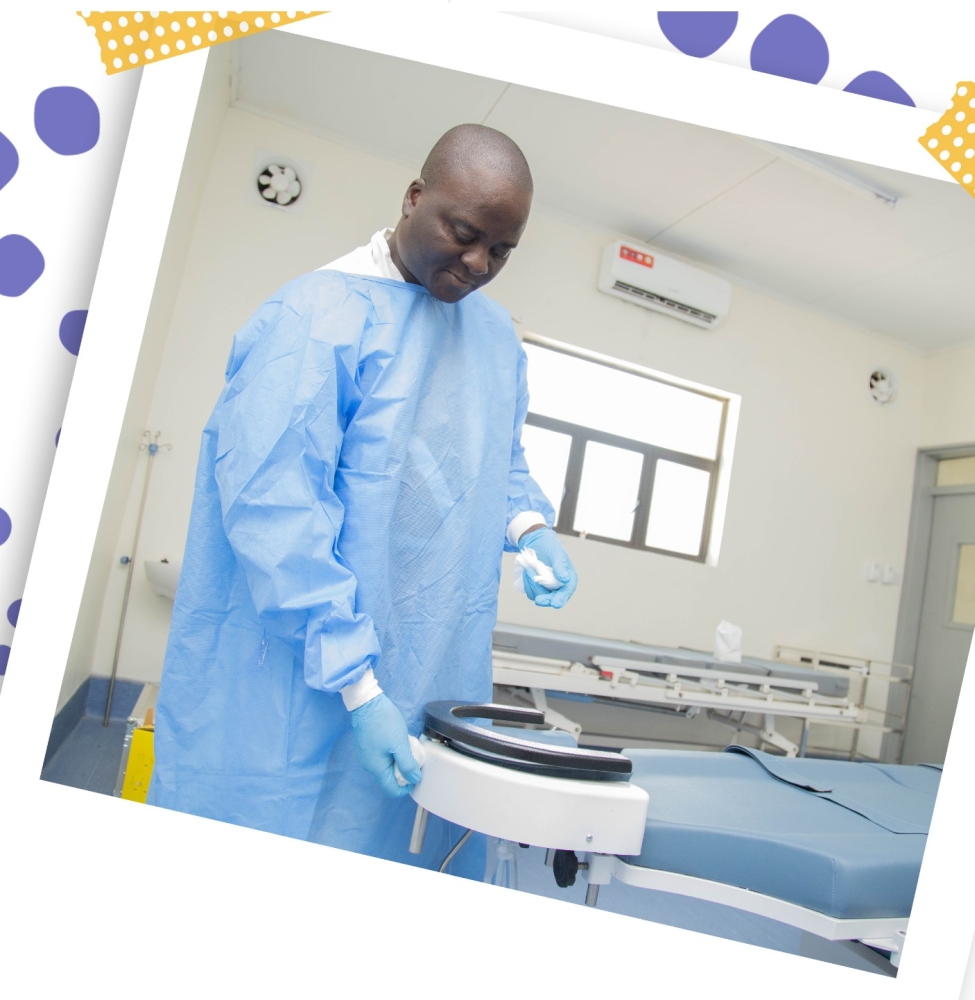
Lloyd has worked at Nsanje District Hospital for 16 years now. He always has a smile on his face – patients relax in his presence, and he puts them at ease by chatting and joking with them.
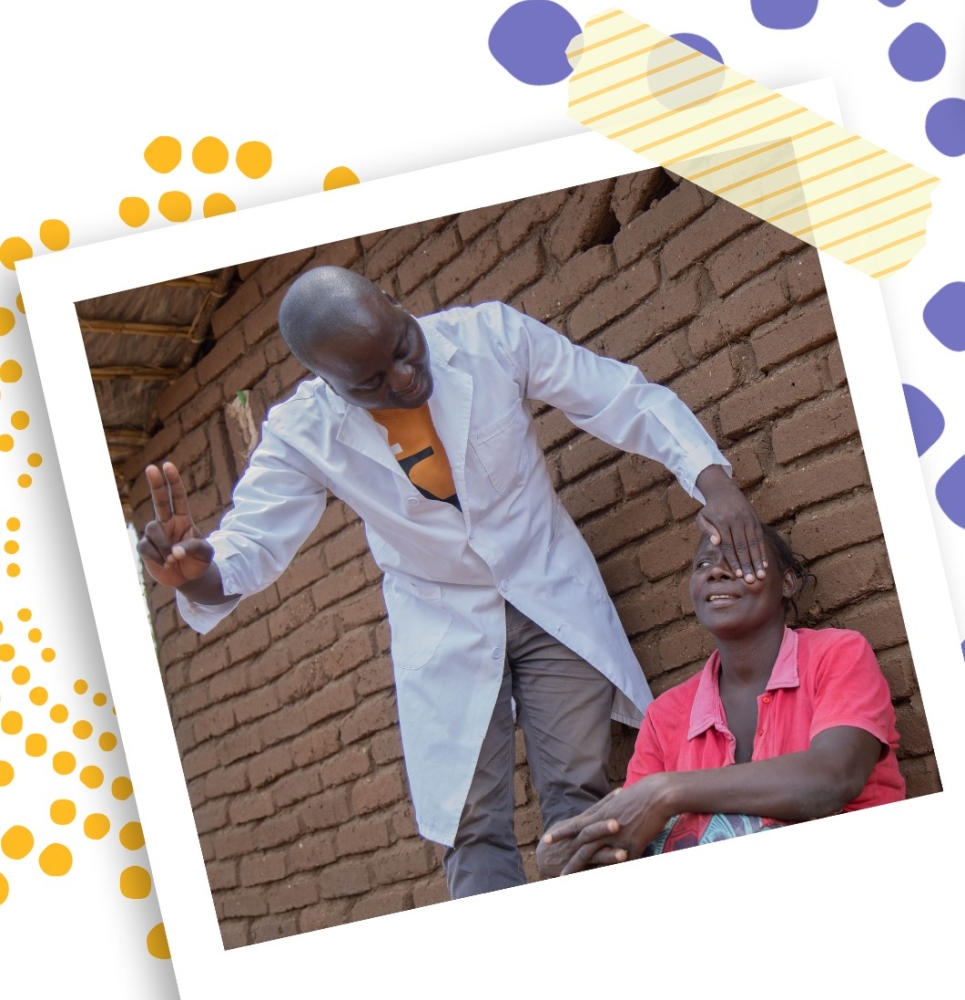
“My job is looking at eye conditions; diagnosing them, treating them, and making referrals. I joined ophthalmology in 2008.
“When I see a patient who was blind and the next morning [after receiving care] they smile at me – people do dance here in this hospital – it’s just a day full of joy.”
“Their joy becomes my joy. Their happiness becomes my happiness.”
“He’s a best friend, and we work together!”
Lloyd talks about his friendship with Alinafe:
“It’s amazing that I can say I am not working only with my colleague, with a work mate, but I have a friend, an old friend, and now a work mate. So I hope I will enjoy, I will enjoy working with Alinafe. Because he’s a best friend, and we work together. We will make a huge contribution, you know.”
Why eye health?
Both Lloyd and Alinafe speak passionately about the impact of improving eye health in their community.
As Alinafe explains, it can transform not only individual lives and livelihoods but also the national economy:
“Eye health is so important. We make the community so productive because they will be able to do their everyday work. They’re able to go to their farms, they are able to go to their work, to do their each and everyday work. So, it will help Malawi economically. Since people will be in there fields in their respective working places. Working each and every day without eye problems. Then, financially, economically, Malawi can improve.”
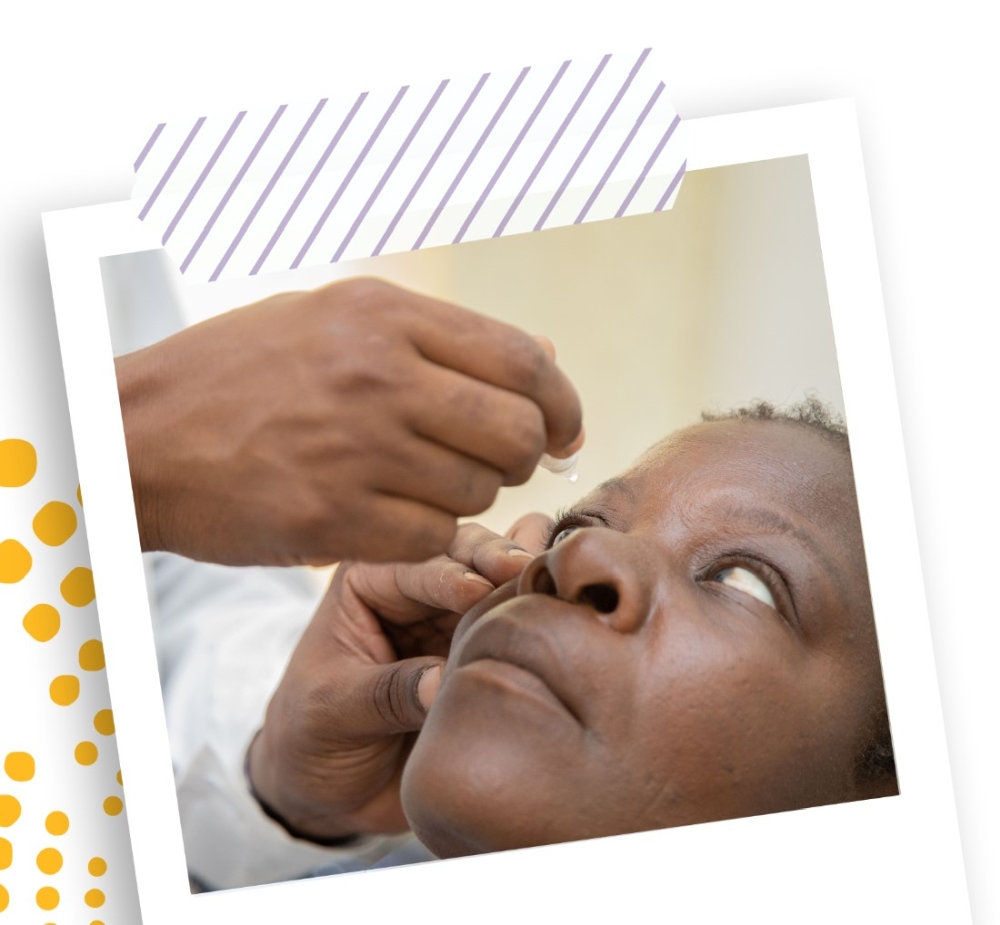
In the days and years to come, Nsanje’s eye clinic will continue to restore sight. The hundreds of recently trained health care workers will deliver more inclusive eye care services across Malawi.
And thousands more people reached by the project will have their lives changed for the better.
A change for good
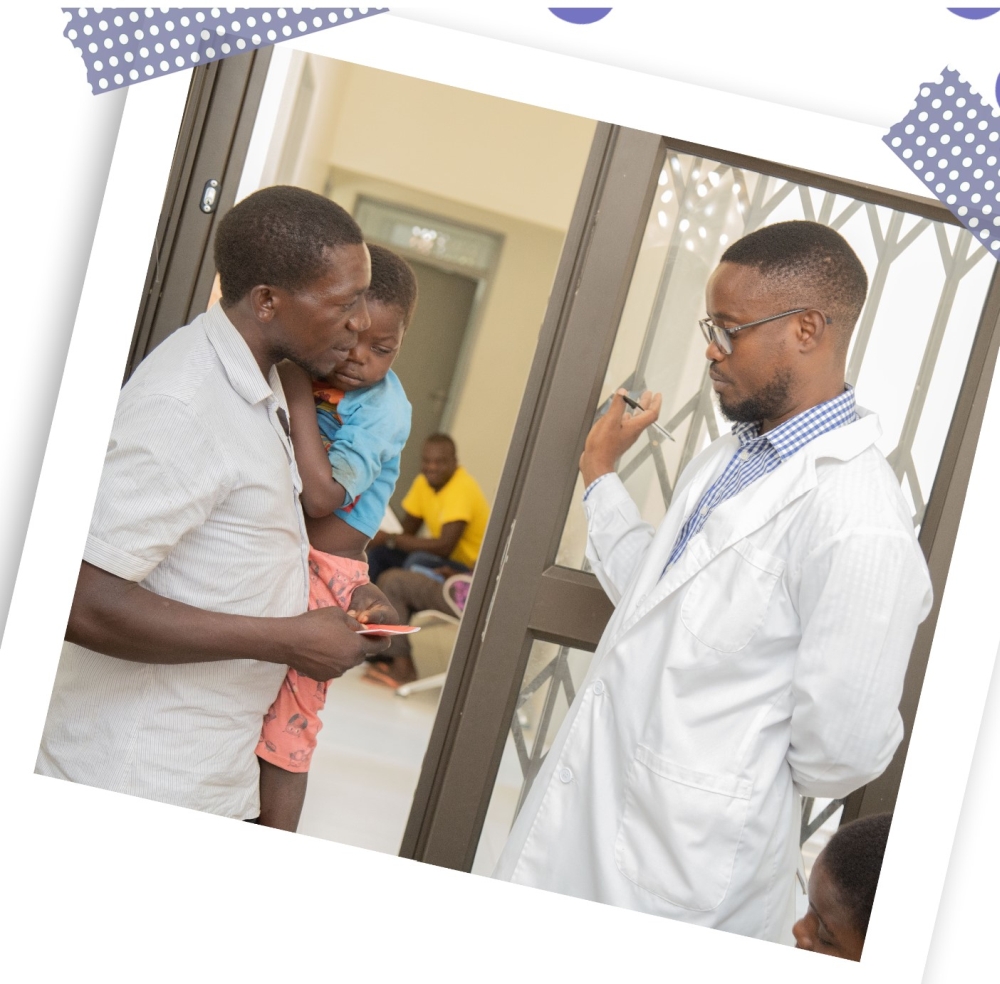
Things look very different now than they did when Alinafe first came to Nsanje District Hospital and saw that long queue snaking around the building.
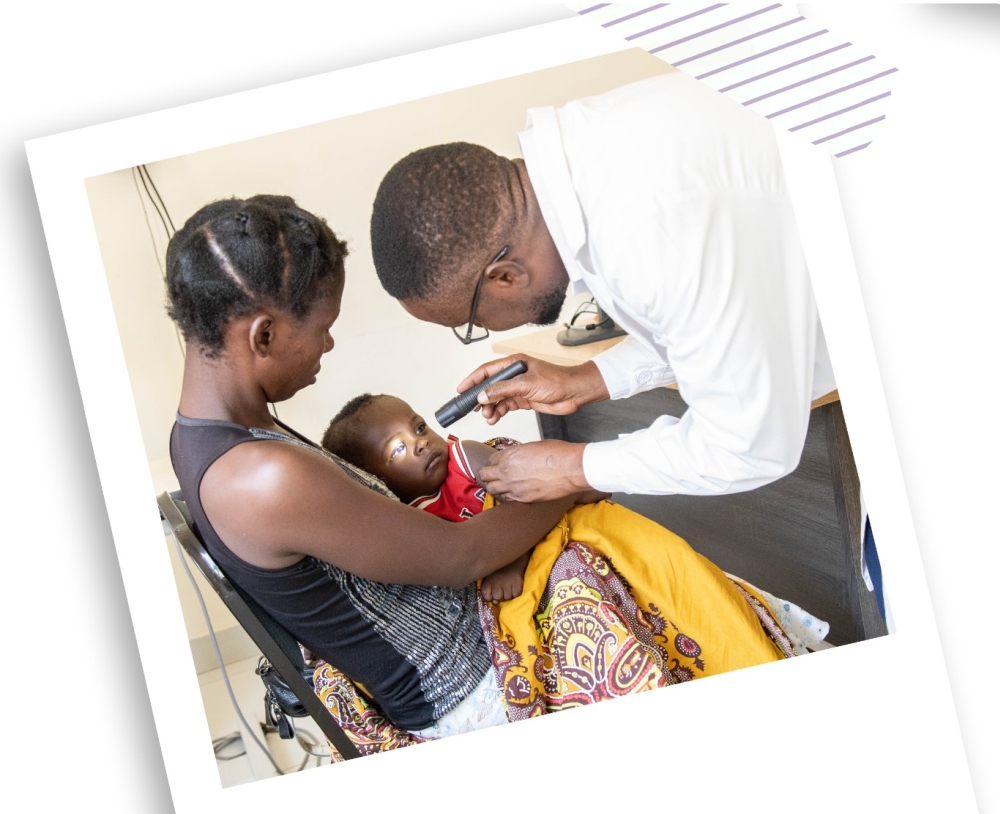
Today, outside his office, a small group of patients sit and wait. Alinafe, wearing his white medical coat, regularly pops out of his office to call their names and greet them. His smile welcomes them and reassures them that today, they will get the eye care they need.
And now…
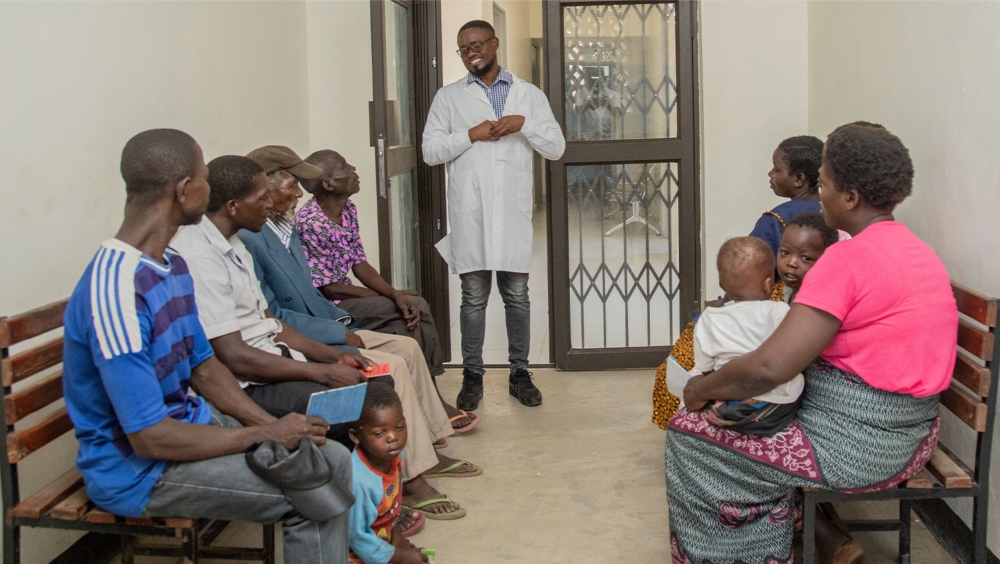
…long queues are a thing of the past!
